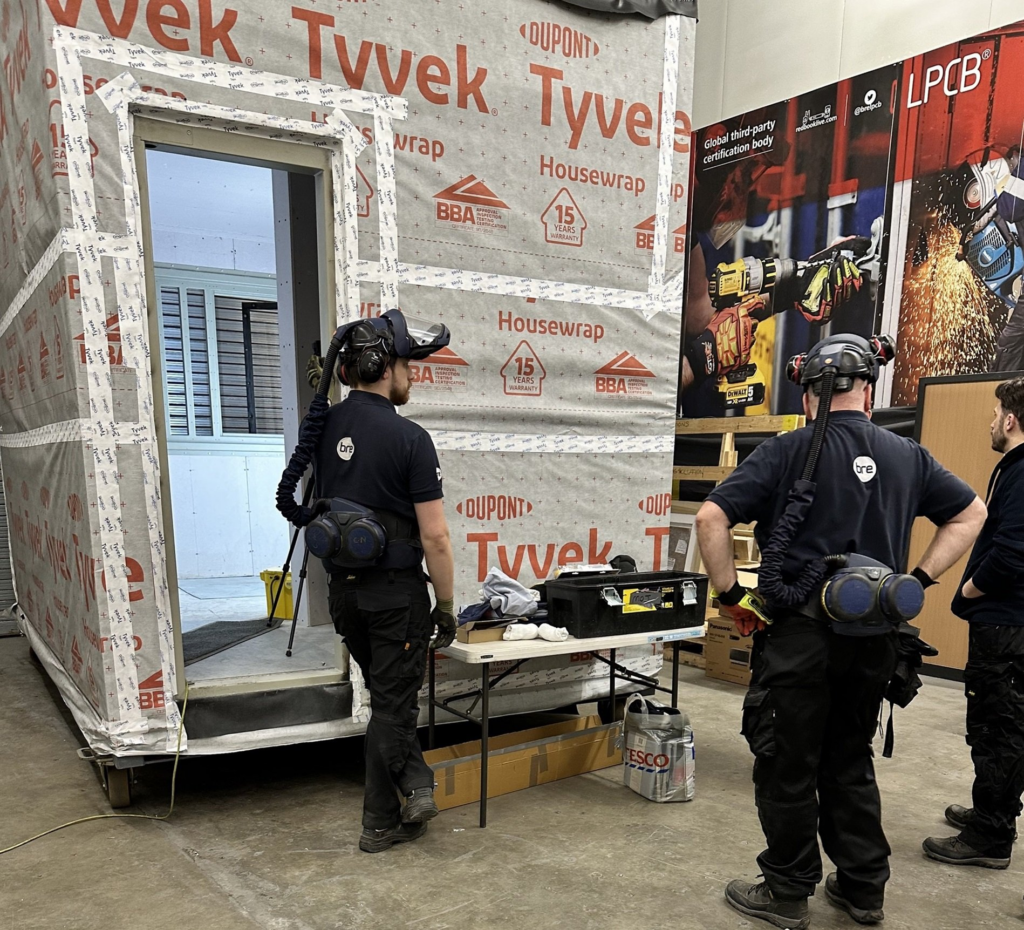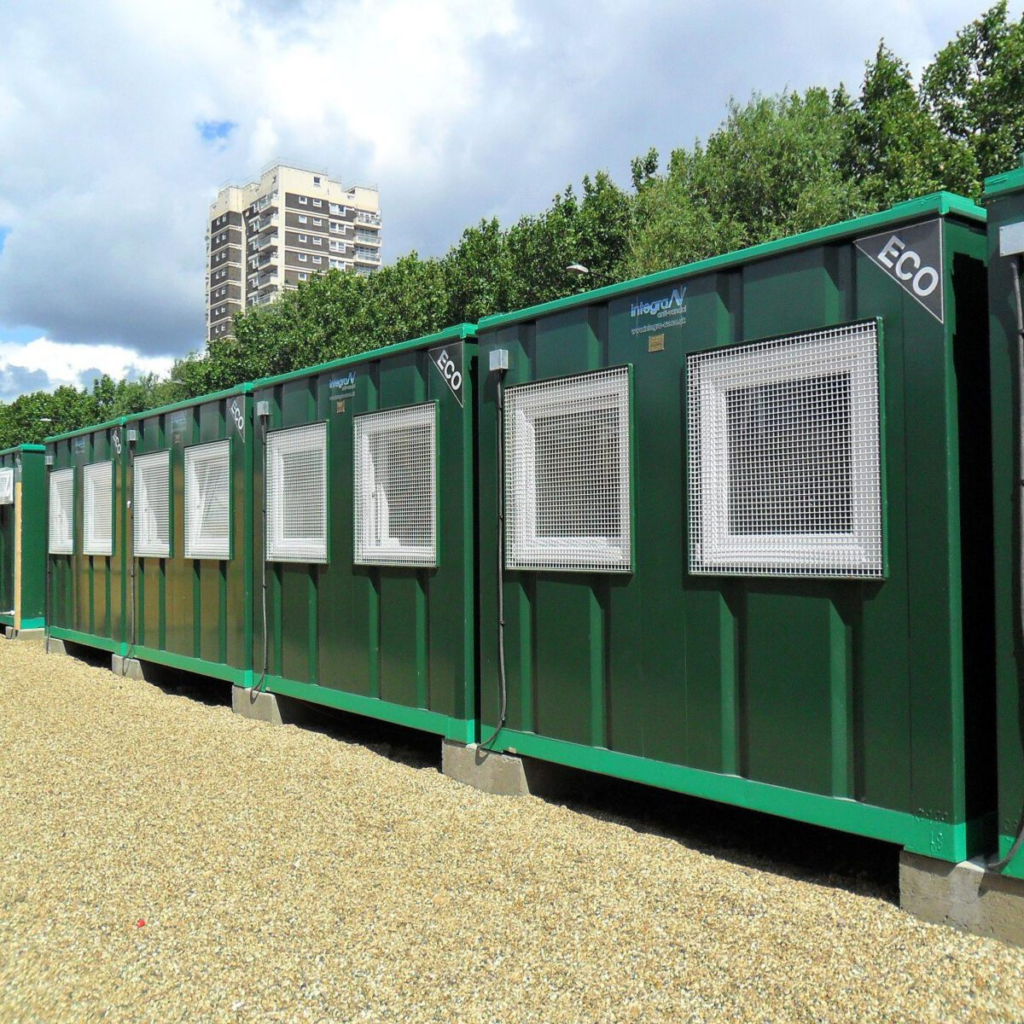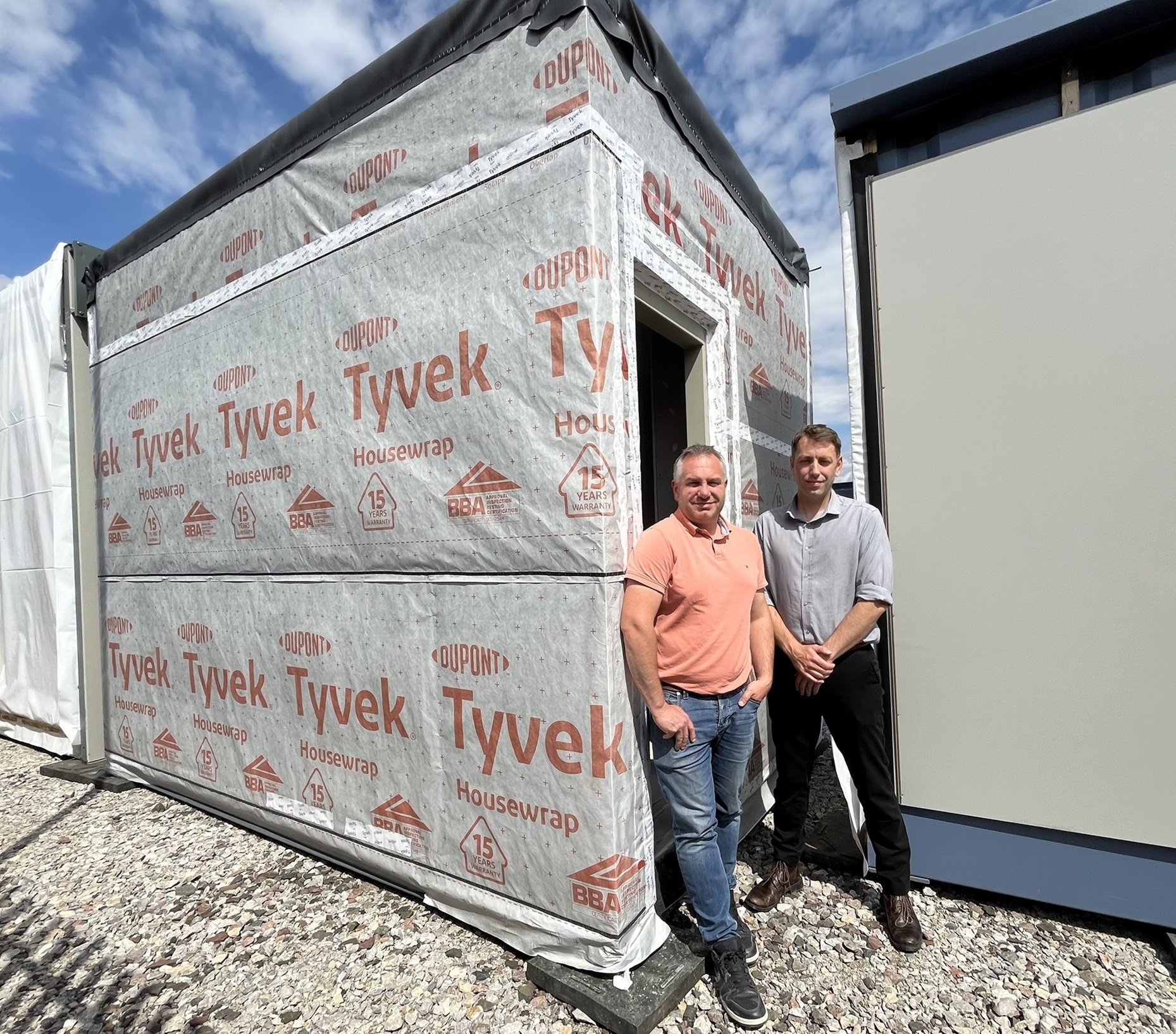The overcrowding crisis in UK prisons has reached critical levels, leaving policymakers scrambling for solutions. Addressing this urgent need, Integra Buildings, a leader in modular construction, has developed an innovative solution: modular prison cells. Designed to tackle capacity challenges head-on, these prefabricated units offer a faster, cost-effective, and flexible alternative to traditional construction methods.

all photos – Integra Buildings
A Modern Solution to Overcrowding
For years, overcrowding has strained the UK’s prison system, pushing it to its limits. In response, Integra Buildings has introduced modular cells that can be rapidly deployed, significantly reducing construction timelines. This agility is vital in accommodating growing inmate populations while maintaining the security and functionality expected of correctional facilities.

anti-vandel modules
Unlike conventional brick-and-mortar builds, modular cells can be manufactured off-site and delivered fully assembled. This allows for quicker implementation and minimizes disruption to existing facilities. As Integra Buildings notes, “Our modular cells enable prison systems to expand at the pace required by current demands, ensuring safe and secure environments.”
Built for Safety and Comfort
Safety is paramount in any correctional facility, and Integra’s modular cells meet the most stringent standards. Each unit features a robust concrete base and advanced composite materials that ensure durability and fire resistance. The designs adhere to government-mandated breach and ligature criteria, crucial for maintaining inmate and staff safety.

Additionally, the cells provide a humane environment, complete with a toilet, shower, and washbasin. The focus on both security and dignity reflects a growing trend toward more thoughtful prison design, aimed at rehabilitation rather than mere containment.
Scalability and Flexibility: The Modular Advantage
One of the standout features of modular construction is its adaptability. Integra’s cells can be used as standalone units, connected to form larger blocks, or stacked into multi-story configurations. This flexibility allows correctional facilities to expand or reconfigure their spaces as needs evolve.

Moreover, modular cells are easily relocatable. Facilities can move units to different locations or expand existing sites without the lengthy and costly delays of traditional builds. This adaptability is especially useful for addressing temporary surges in inmate populations or for creating new facilities in remote areas.
Economic and Environmental Gains
Modular construction isn’t just faster—it’s also more cost-effective and sustainable. By manufacturing units in a controlled off-site environment, Integra minimizes waste while maintaining consistent quality. Reduced on-site construction time lowers labor costs and environmental disruption, aligning with sustainability goals across the construction sector.
Integra Buildings has also invested in reducing its carbon footprint, ensuring that its modular cells not only meet immediate needs but do so in an environmentally responsible manner. As the industry moves toward greener practices, modular solutions offer a practical way to build smarter, cleaner, and faster.
A Vision for the Future
Integra Buildings’ modular prison cells represent more than just a solution to overcrowding—they signify a shift in how infrastructure can meet evolving societal needs. With their focus on efficiency, safety, and sustainability, these prefabricated cells are poised to redefine how correctional facilities are designed and operated.
Gary Fleisher, The Modcoach, writes about the modular and offsite construction industry at Modular Home Source.
.
CLICK HERE to read the latest edition
Contact Gary Fleisher












